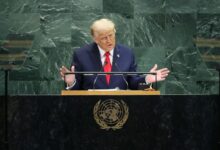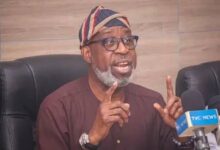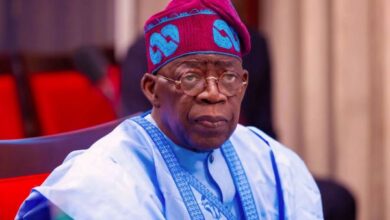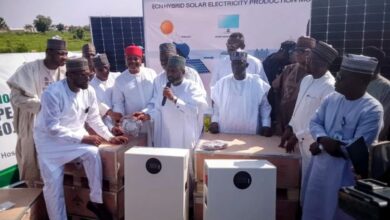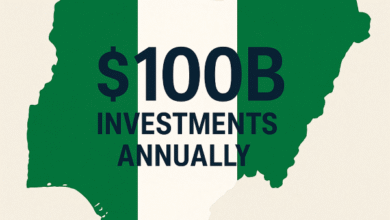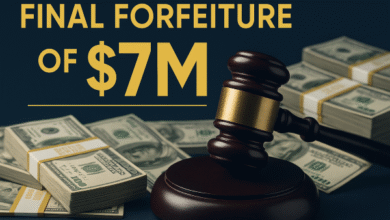US increases visa cost to almost N100,000 for Nigerians

The United States Embassy in Nigeria has increased its visa fees from N59,200 to 99,900. The embassy says effective from Thursday, August 29, 2019, Nigerians applying for tourism, student and business visas will not only pay the N59, 200 fee but will have to pay an extra N40, 700 ($110) after the visa has been issued to them bringing the total cost to N99, 900.
However, applicants who are denied visas would not need to pay the extra N40, 700.
Applicants seeking the L1 Visa (work permit) will pay an extra N112, 100 if given visas while those applying for H4 Visa (dependency/spousal) will pay an extra N66, 600.
The US Embassy adopts the rate of N370/$1 for Nigerians which is higher than both the official rate and the black market rate.
The increment also comes amid complaints from hundreds of Nigerian visa applicants that they had not been able to secure US visa appointment dates despite making payments for visas.
The embassy said in a statement that the increment was done based on reciprocity.
READ ALSO: How scarcity of booklets fuel corruption at passport offices – NIS
It lamented that Americans were paying too much to secure Nigerian visas and thus the US government decided to retaliate.
The US embassy said it had been holding talks with the Nigerian government to reduce the fee but the Federal Government refused to accede to its requests.
The directive comes less than four months after the US cancelled the drop box system for Nigerian visa applicants which used to allow Nigerians who have a travel history to the US to apply for visas without going for interviews at the embassy.
The statement read in part, “Effective worldwide on August 29, Nigerian citizens will be required to pay a visa issuance fee, or reciprocity fee, for all approved applications for non-immigrant visas in B, F, H1B, I, L, and R visa classifications.
“The reciprocity fee will be charged in addition to the non-immigrant visa application fee, also known as the MRV fee, which all applicants pay at the time of application. Nigerian citizens whose applications for a non-immigrant visa are denied will not be charged the new reciprocity fee. Both reciprocity and MRV fees are non-refundable, and their amounts vary based on visa classification.
“US law requires US visa fees and validity periods to be based on the treatment afforded to US citizens by foreign governments, insofar as possible. Visa issuance fees are implemented under the principle of reciprocity: when a foreign government imposes additional visa fees on US citizens, the United States will impose reciprocal fees on citizens of that country for similar types of visas.
“Nationals of a number of countries worldwide are currently required to pay this type of fee after their non-immigrant visa application is approved.
“The total cost for a US citizen to obtain a visa to Nigeria is currently higher than the total cost for a Nigerian to obtain a comparable visa to the United States. The new reciprocity fee for Nigerian citizens is meant to eliminate that cost difference.
“Since early 2018, the US government has engaged the Nigerian government to request that the Nigerian government change the fees charged to US citizens for certain visa categories. After 18 months of review and consultations, the government of Nigeria has not changed its fee structure for U.S. citizen visa applicants, requiring the US Department of State to enact new reciprocity fees in accordance with our visa laws.
“The reciprocity fee will be required for all Nigerian citizens worldwide, regardless of where they are applying for a non-immigrant visa to the United States. The reciprocity fee is required for each visa that is issued, which means both adults and minors whose visa applications are approved will be charged the reciprocity fee. The fee can only be paid at the US Embassy or the US Consulate General. The reciprocity fee cannot be paid at banks or any other location.”
See Reciprocity fee schedule, organized by visa classification:

Yetunde Adegoke


